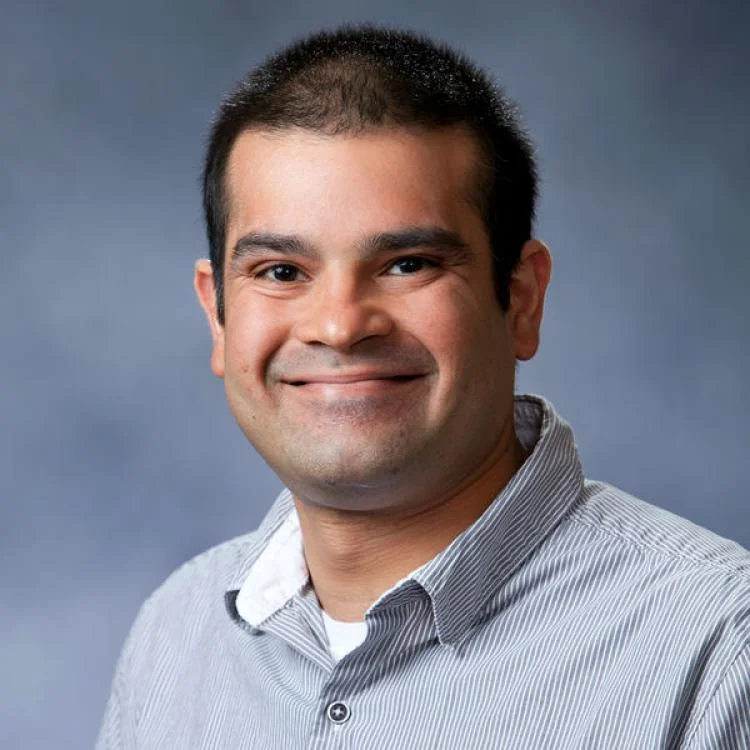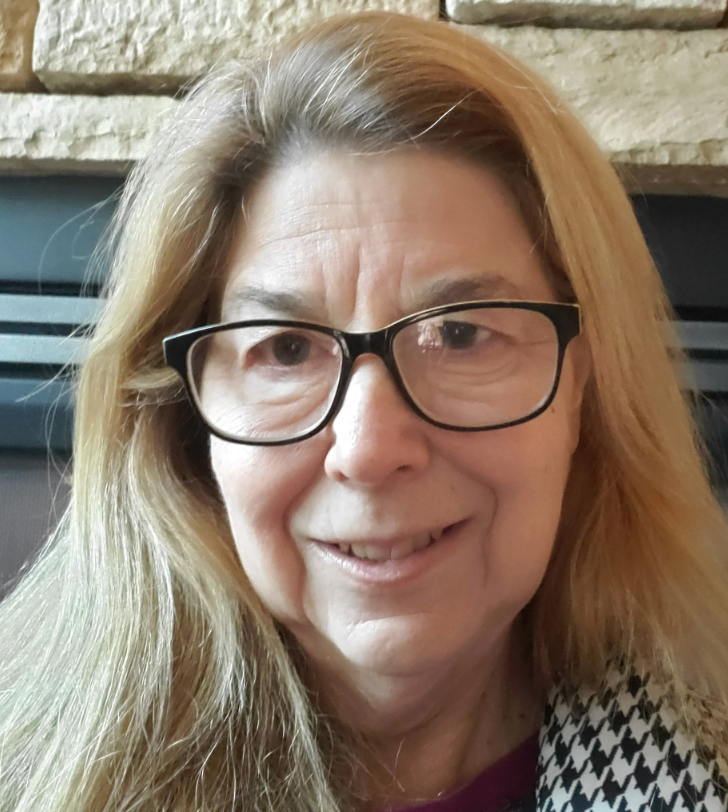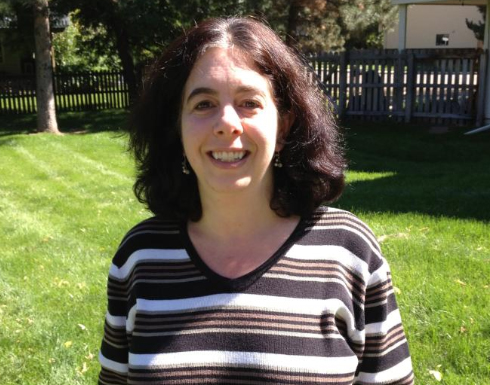This project is bringing together the best of what human tutoring and AI have to offer. Drawing on the profound benefits of a human tutor, the platform recommends challenging tasks, facilitates rich discussions, fosters relationships among students and tutors, provides feedback and guidance, and promotes collaborative learning.
Using learning engineering methods, the project aims to rapidly transform tutoring from a unimodal, one-on-one, human or technical solution to a multimodal, multi-party, human and computer synergy, reaching over 200,000 diverse, low-income students within 5 years.

Project Title
Hybrid Human-Agent Tutoring: Accelerating Middle School Math Achievement for Low Income Students
![]() Boulder, CO
Boulder, CO
Where it is used:
- Chicago, IL
- New York City, New York
- Washington, DC
- Charleston, South Carolina
What’s the problem that CU Boulder is trying to solve?
High-dosage tutoring can significantly help in reducing the differences in academic performance among students. But tutoring, while maintaining quality of service, remains hard to scale [2]. It’s also very expensive, and many tutoring programs rely on recruitment of tutors who may possess college degrees but lack formal training in education or licensure to teach.
What does the intervention do?
In combination with the proven Saga tutoring model, CU Boulder will develop and implement a hybrid human-AI tutoring (HAT) platform to support the following critical components of tutoring work, grounded in a research-based framework with evidence for supporting low-income and diverse students: (1) Centering rich, collaborative mathematical discussions and problem solving; (2) Selecting challenging and engaging math tasks tailored to student knowledge; and (3) Building caring relationships and promoting equitable learning opportunities. According to our theory of change, tutoring centered around these components is hypothesized to accelerate student learning via improved tutor quality, tutoring processes, and student engagement.
What is the wow factor?
Our technical insight is to combine multiple streams of information – student(s) and tutor speech and language, nonverbal signals, and shared math tasks/context – with intelligent analytic tools to develop more complete, nuanced, and personalized supports for critical learning interactions along cognitive, relational, and affective dimensions at scale. Accordingly, the HAT platform will develop advanced computational models for speech recognition and natural language understanding, multimodal, multiparty interactions, student modeling, and reinforcement learning.
How does it work?
We are developing HAT in the context of Saga, a large non-profit provider of tutoring services to Title 1 schools in the US (i.e., public schools with predominantly low income and historically marginalized student populations), enabling this effort to directly and immediately impact the target population.
Saga has already demonstrated the potential to double student math achievement for these students. With broad district- and state-level demand, Saga is poised to scale, but faces challenges with respect to reducing variability in tutoring experiences and ensuring quality of service at scale.
When integrated into Saga’s technical systems and processes, HAT will demonstrate a next-generation human-tutor platform that improves the quality of tutoring for all students (reducing variability across tutors) and ensures that tutoring quality is maintained as the program scales (quality of service) so that the desired student outcomes are preserved.
Learn more at:
or contact Peter Foltz at peter.foltz@colorado.edu or Brent Milne at bmilne@sagaeducation.org
Connect with Saga Education on X.
Team Members




